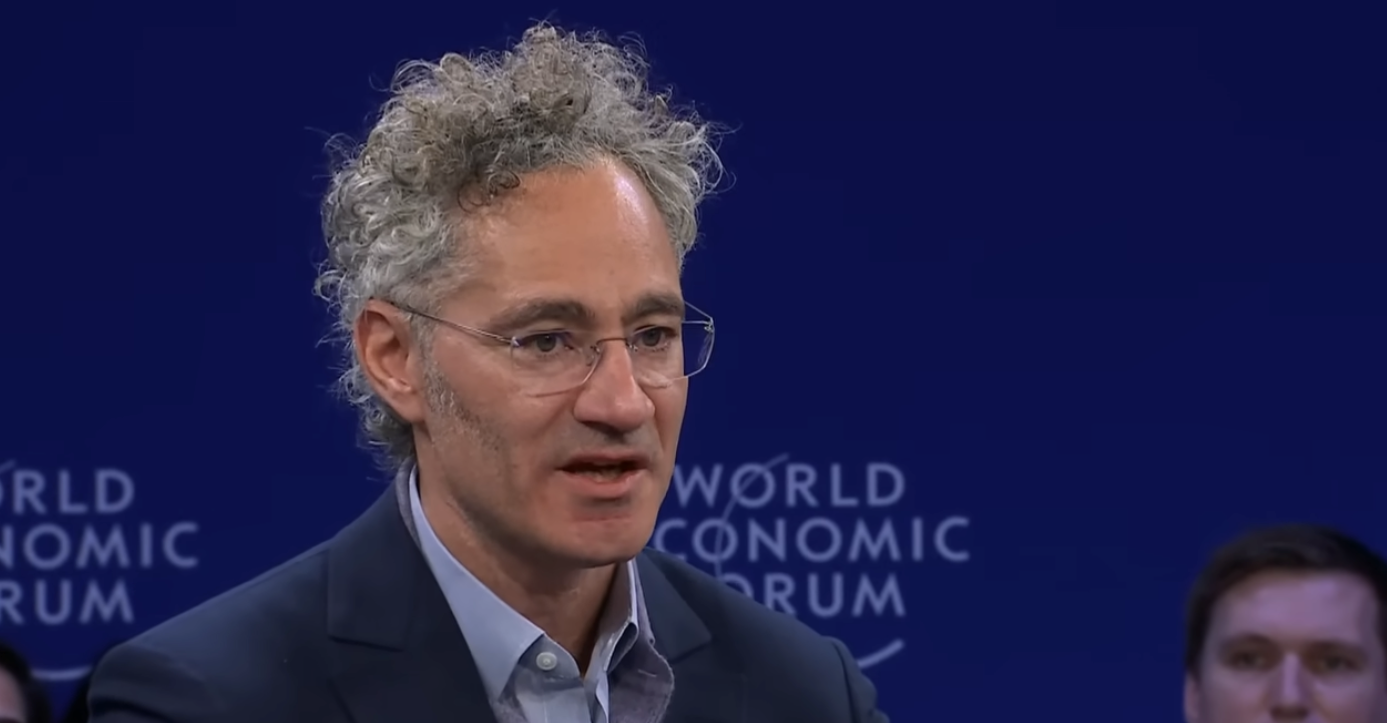The UK is set to launch a new visa route for international entrepreneurs hoping to move to the country to start a business.
It will replace the existing startup and innovator visa routes — two current schemes designed for overseas entrepreneurs — from April 13. It will also scrap a requirement for founders to have £50k ready to invest in their startup.
The scheme is different from the global talent visa — the UK’s flagship programme for international tech talent — which is currently also being revamped in the wake of its administrator, Tech Nation, being shut down.
But it’s unclear if policymakers will get rid of the most controversial part of the startup and innovator visa schemes: the endorsement system, which has led to some founders paying huge fees or giving away equity in their startups to get backing for their visa application.
Update, March 24: The Home Office announced that all applicants to the newly reformed innovator visa programme will have to pay a £2,000 flat fee to secure endorsement. The list of approved endorsing bodies has also been cut from more than 60 to just three — Geminus, Envestors and the newly established UK Endorsement Services.
Equity for visas
Under the current system, the only way for founders to apply for the startup and innovator visas is to get backing from one of 50 private UK endorsing bodies, or a few dozen universities. Most of the endorsement bodies are startup incubators, accelerators and community builders, such as Techstars, Entrepreneurs First and Innovator International.
One healthtech founder, who preferred not to be named for this piece, tells Sifted that some endorsing bodies request as much as £30k to join their programme and get the letter, while others even ask for equity.
“Some establishments take equity for joining the programme, or others say, ‘Pay us £15k, pay us £30k, then we'll write you this endorsement letter,’” she says.
“Some of them asked for pretty heavy amounts of equity,” says Simon Thompson, the Australian cofounder of water filtration startup Nitrate Ventures, who was granted a startup visa in 2021 and is now continuing his stay on the innovator visa. “10% might not sound like much, but at such an early stage, by the time you get to being a revenue-making company or profit-making company, no one wants to invest with a founder that's really diluted.”
These endorsing bodies are meant to decide which startups are innovative or impactful enough to get a visa — but the healthtech founder tells Sifted that the ones which asked for cash in exchange for joining their programme were often disinterested in what her startup actually did.
“I asked if they wanted to see my pitch deck. They were like, ‘Nah,’” she says.
“Let's be honest, the endorsing bodies are commercial enterprises. So obviously, their business ventures need to be successful,” says Pat Saini, head of immigration at Penningtons Manches Cooper, a law firm. “If they spot a good business idea, they want to potentially take equity in the business. And again, that leaves a bad taste in people's mouths — like, ‘I'm giving away equity to get a visa or I'm giving away money to get a visa’.”
“The endorsement process is a ripoff,” says another immigration lawyer.
New rules
In 2022, the UK Home Office granted 299 innovator visas and 377 startup visas. The new rules, which are supposed to come into play on April 13, will effectively merge the two existing routes into one scheme, dubbed the Innovator Founder route.
Founders will no longer be required to invest (or have invested) at least £50k in the business (as is currently the case for the innovator visa), and will be allowed to work outside the UK while developing the startup.
But it’s still unclear what will happen to the endorsing body system.
“We are introducing reformed endorsing body arrangements to support the operation of the route, which will deliver a simpler, easier to use system for applicants,” a Home Office spokesperson said in a statement, without providing any further details or a timeline. “It is essential that the UK continues to attract entrepreneurial talent from overseas to help foster the development of new innovative businesses in the UK.”



